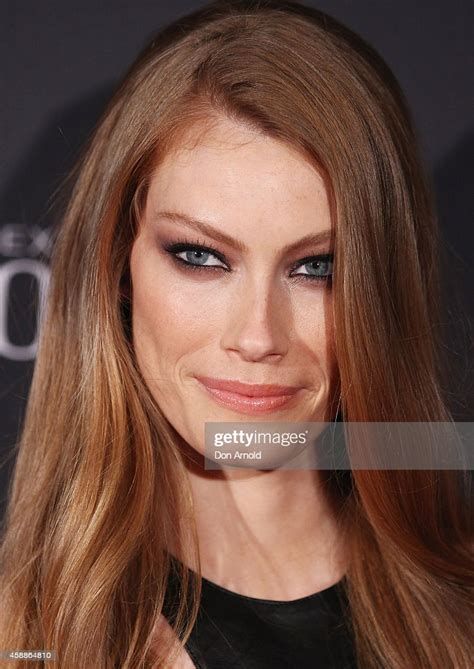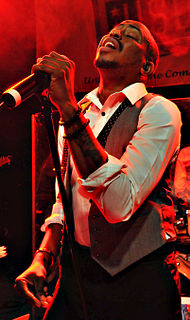A Quote by Janet Mock
I was a mixed black girl existing in a westernized Hawaiian culture where petite Asian women were the ideal, in a white culture where black women were furthest from the standard of beauty, in an American culture where trans women of color were invisible.
Related Quotes
Viking women, if they were left behind, were ruling their town. They were earls in their own right; they owned land in their own right. They could divorce their husbands if they wanted to. All of those wonderful allowances that were made for women in the Viking culture weren't really part of the Christian culture at the time.
I did not disregard my culture, if I did, it was the white American culture, and I accepted my true culture, when I accepted Mohammed Ali, because this is a black name, Islam is the black man's religion, and so I would like to say, that I would like to clarify that point that I reclaimed my real culture, and that's being a black man and wearing a black name with a black body, and not a white name, so I would never say that I didn't disown my culture.
There are many things that black women can continue to do to help black folk. First, black women have historically been among the most vocal advocates for equality in our community. We must take full advantage of such courage by continuing to combat the sexism in our communities. Black women, whether in church, or hip-hop, don't receive their just due. Second, when black women are in charge of child-rearing, they must make ever so sure to raise black children who respect both men and women, and who root out the malevolent beliefs about women that shatter our culture.
One of the things I recognized early on, doing whatever studies of black history I have, is that even though black folks were transported as slaves, into servitude, when they were carried out of Africa they left empty-handed, but they didn't leave empty-headed. They carried with them the culture they knew, the culture they had, and that culture reconstituted itself in all the places they went.
When I was growing up, there was no one. There were very few black women in tech; there were very few black women in the fashion game. We didn't have our Grace Jones - Grace Jones was before my time. We didn't really have a lot of black women in electronic and punk who were celebrated in the same levels as, say, your big mega-superstars.
They wanted black women to conform to the gender norms set by white society. They wanted to be recognized as 'men,' as patriarchs, by other men, including white men. Yet they could not assume this position if black women were not willing to conform to prevailing sexist gender norms. Many black women who has endured white-supremacist patriarchal domination during slavery did not want to be dominated by black men after manumission.
Radical militant feminist believes that women of color and Black women in particular have written the cutting edge theory and really were the individuals who exploded feminist theory into the directions that has made it more powerful. So I see us as the leaders not just of Black people and Black women in terms of feminism but in terms of the movement as a whole.




































